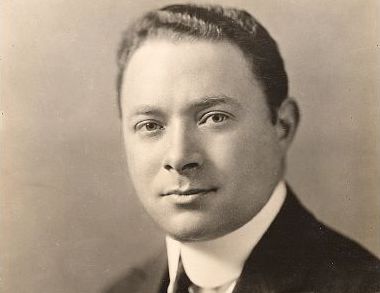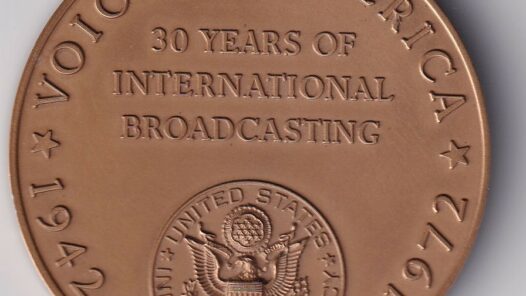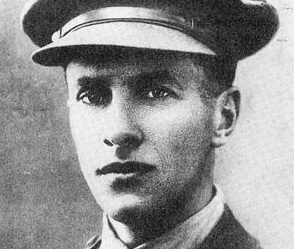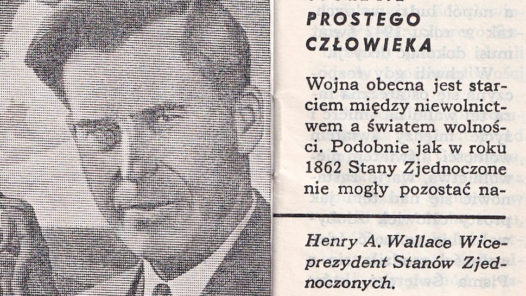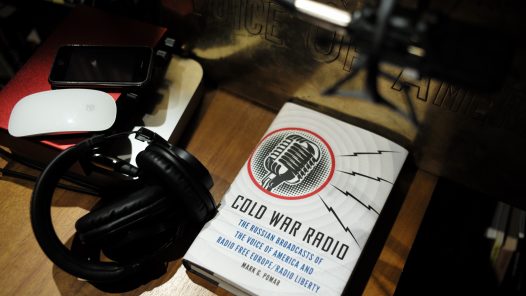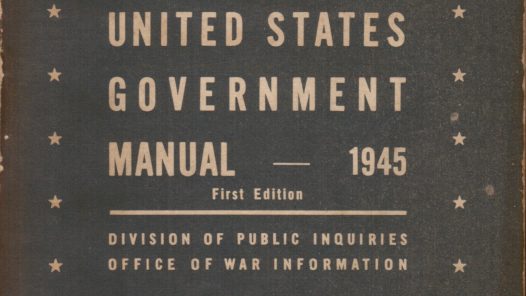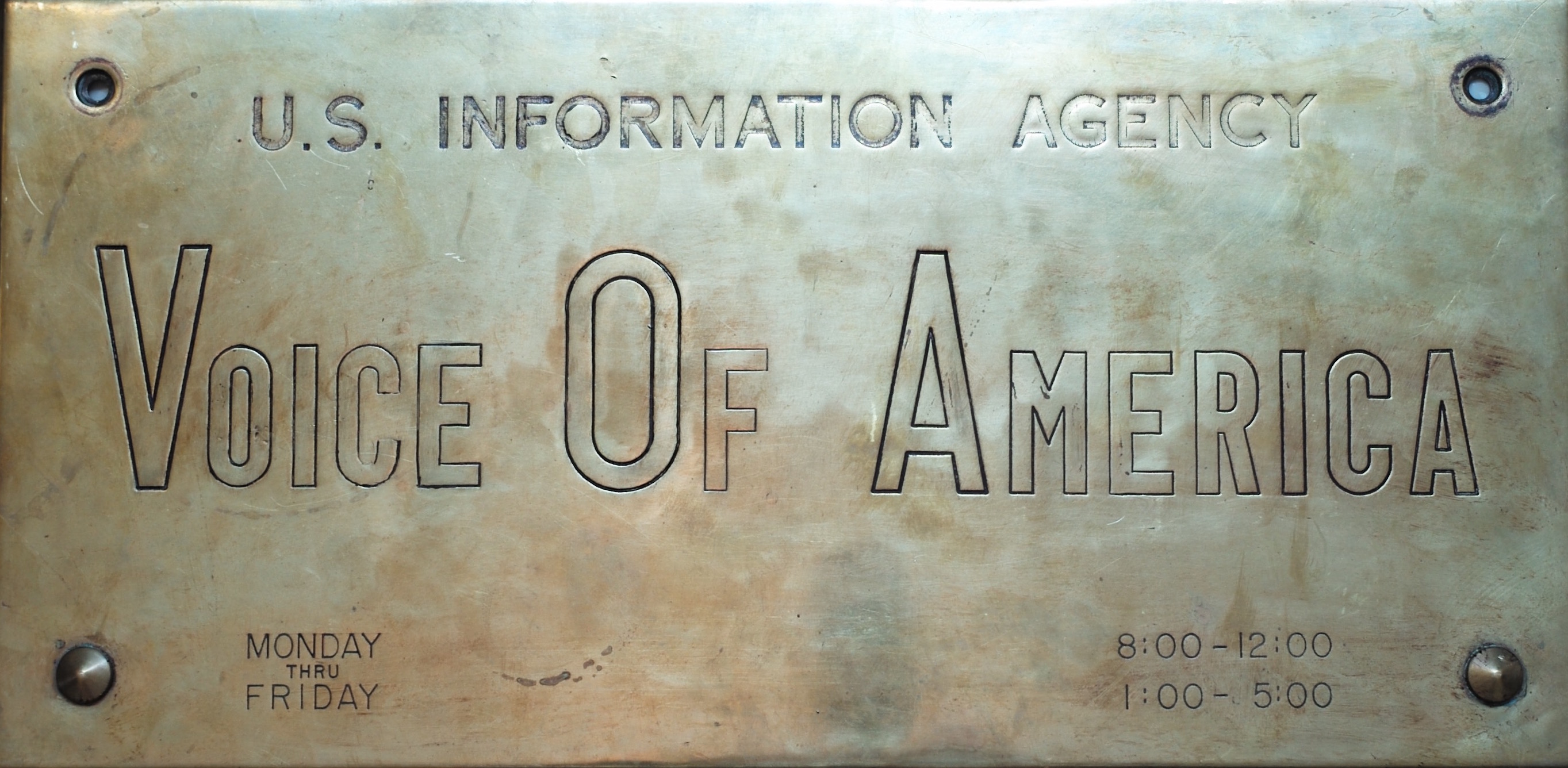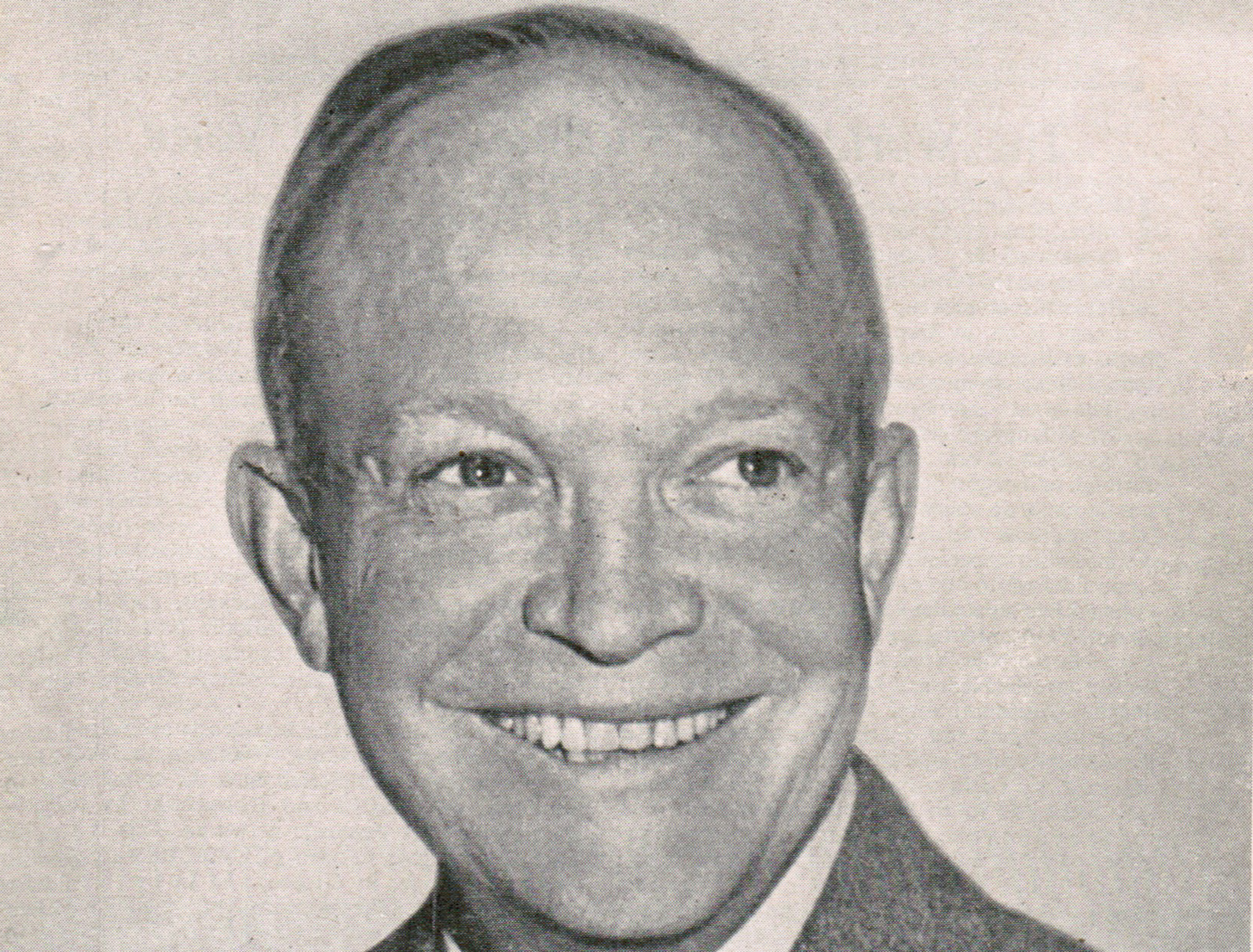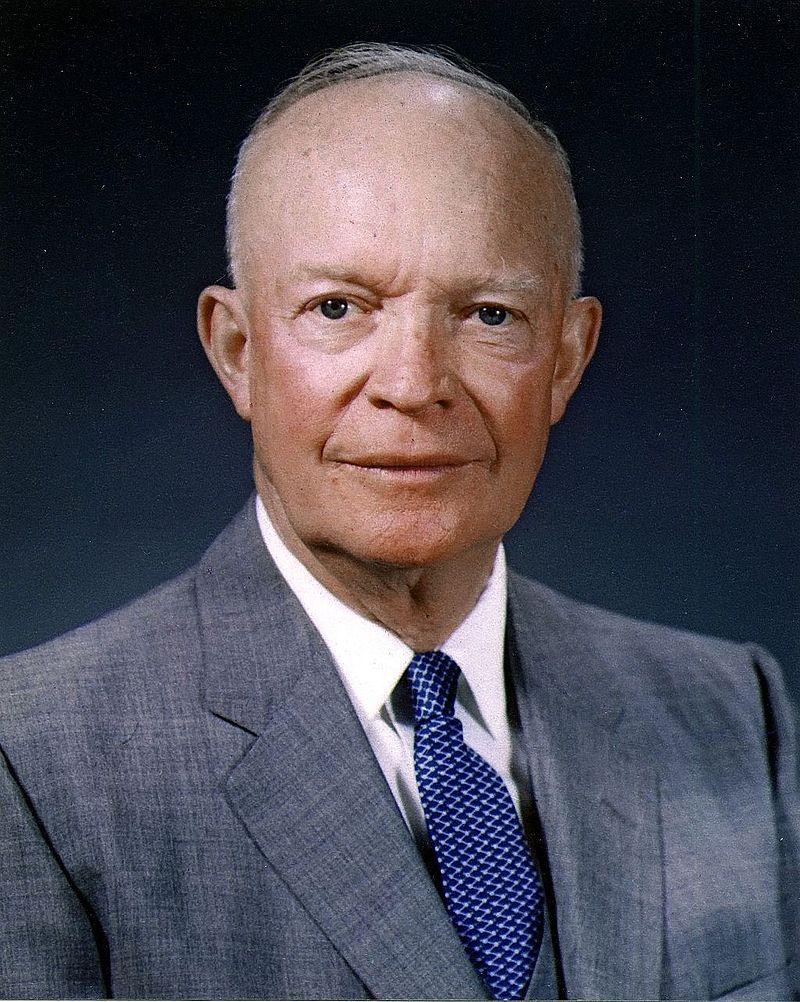Summary David Sarnoff, the pioneer of the radio and television industry in the United States and the founder of the NBC network, was most likely the first American with access to the White House to present a comprehensive plan for U.S. government...
Ted Lipien for Cold War Radio Museum In February 1972, the U.S. government-funded and managed Voice of America (VOA), then part of the United States Information Agency (USIA), observed the 30th anniversary of its founding in 1942, during World War...
A commentary by Ted Lipien for the Cold War Radio Museum In doing historical research, I found a few indirect links between one of Joseph Stalin’s greatest apologists, the New York Times Pulitzer Prize-winning Moscow correspondent in the 1930s...
WWII Pro-Soviet U.S. Government Propaganda in Polish Was Spread in Pamphlets and Voice of America Radio Broadcasts by Ted Lipien During World War II, the Office of War Information (OWI) produced and distributed printed propaganda material in the...
Mark Pomar’s new book about the Cold War political radio could help American government officials unfamiliar with the history of U.S. international broadcasting. By Ted Lipien Mark Pomar’s book Cold War Radio [Mark G. Pomar, Cold War...
The Office of War Information (OWI) and the Voice of America (VOA) during the Second World War would have been the closest model for comparison to the Disinformation Governance Board (DGB), an advisory board of the United States...
Cold War Radio Museum The United States Information Agency (USIA) was created on August 1, 1953, by Executive Order 10477 issued by President Dwight D. Eisenhower. USIA served as the public diplomacy agency of the United States during most of...
Cold War Radio Museum Voice of America Then and Now Historically, partisanship at the Voice of America has been most often associated with Left-wing bias of some of its officials and central English newsroom reporters. By Ted Lipien After leaving...
Cold War Radio Museum After leaving the White House in 1961, former President Dwight D Eisenhower briefly alluded in his memoirs Waging Peace (1965) to the Voice of America’s (VOA) wartime record of propaganda collusion with Soviet Russia. As...


